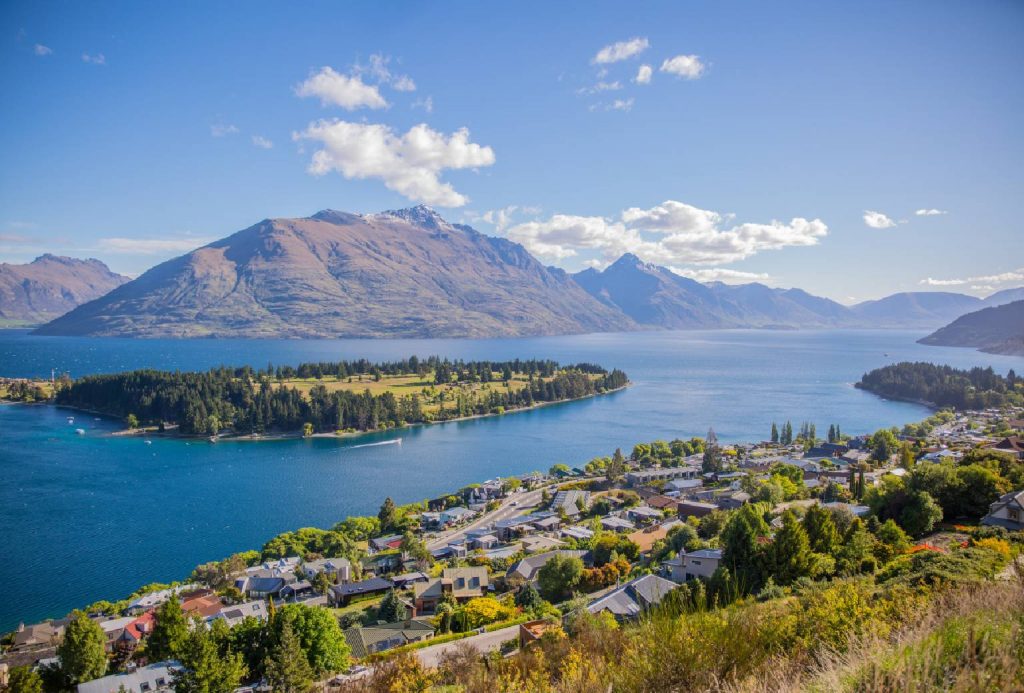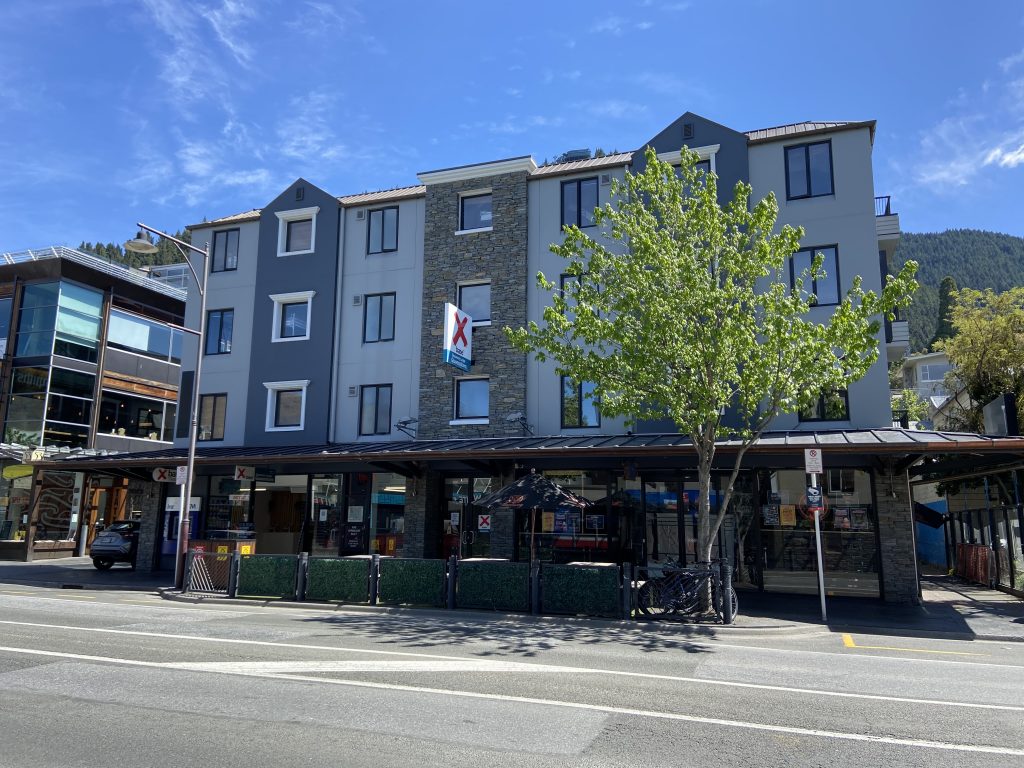Queenstown’s property market was one of the worst hit by Covid-19, but has proved remarkably resilient, with confidence growing again and big infrastructure spending in the pipeline, a Colliers International report finds

The fundamental driver of Queenstown’s growth over the past decade has been tourism, says Heather Beard, Registered Valuer and Consultant at Colliers Queenstown.
“Queenstown’s property market has been impacted by border closures and economic uncertainty since the Covid-19 lockdown, with questions remaining around when international tourism may resume.
“The silver lining is government investment in the region’s much-needed infrastructure projects. The $85 million earmarked for ‘shovel ready’ projects in Queenstown will assist in recovery and further growth following the international border re-opening.
“In the short term, reliance on domestic travel and related spending levels, plus a tightening on funding, will likely continue to create a degree of uncertainty in the property market.
“However, the Queenstown property market has proved to be remarkably resilient with current market sentiment and council population growth projections showing confidence in Queenstown’s longer-term prospects.”
Beard says some overall market trends include low interest rates driving property investment, as investors seek returns, and a negative OCR predicted from early 2021.
James O’Hagan, Managing Director of Colliers Otago, says an expected downturn in the housing market did not materialise – at least not to the extent predicted.
“Sales volumes are down for the year due to periods of inactivity, but market transactions have been picking up significantly post-lockdown.
“The market has been buoyed by low interest rates and pent-up demand, particularly from first home buyers, holiday home investors and people relocating for lifestyle reasons.”
In Queenstown’s commercial property market, Beard says rental affordability has been a hot topic with the absence of international tourists in the CBD.
“New leasing activity appears to be at pre-Covid levels and demand in the prime retail area is continuing, with some tenants taking the opportunity to reposition or enter the market.”
Beard says the industrial sector remains a sought-after investment in Queenstown and nationwide, as investors gravitate towards ‘essential business’ tenants.
In the tourism sector, two new CBD hotels have recently been completed while four further hotels are under construction and one has been put on hold. Queenstown’s hotel supply is now 3,831 rooms, with a further 569 under construction, 2,460 consented and 1,481 in the consent process.
Queenstown has also just seen what is believed to be the first major short stay accommodation transaction in 2020, with the sale of the 65-room, 384-bed Discovery Lodge. The buyer is New Zealand’s largest private hotel investor, Pandey Hotel Corporation, part of the CP Group.
Dean Humphries, National Director of Hotels for Colliers International, notes this is a major milestone given no major accommodation assets have sold since Covid hit our shores in Q1 2020, a global pandemic which has had a significant impact on many of the country’s hospitality assets.

Discovery Lodge Queenstown
Discovery Lodge is located in the heart of Queenstown and is one of only a handful of freehold accommodation assets located in the town centre.
“These properties are rarely traded and characterised as strategic core assets,” says Humphries.
“The last sale of a major accommodation asset in the town centre was the Novotel Gardens back in October 2015, exactly five years ago.”
Discovery Lodge is currently leased to a major budget accommodation provider but will be repositioned to a luxury five-star boutique hotel once this lease expires.
The property is located in Shotover Street, one street removed from Lake Wakatipu. The 3,200sq m building was built in 2004 and is located on a 1,000sq m parcel of freehold land.
The current Auckland-based owners purchased the property in mid-2015 as a passive investment with a long-term lease in place.
“With the advent of Covid and the lease now moving toward expiry, the owners were looking at a range of repositioning options,” notes Humphries.
“In the end, an attractive offer from one of the country’s largest hotel investors, was compelling enough to persuade them to recycle their capital into other avenues.”
In late July CPG Hotels, part of the CP Group, announced the creation of its luxury boutique hotel brand, Fable Hotels and Resorts, with this property expected to become part of the Fable portfolio, notes Humphries.
“Despite the many challenges the wider industry is facing with Covid, there remains robust demand from a range of investors seeking prime strategic accommodation assets in our key tourism regions,” says Humphries.
“Most hotel investors have long-term investment objectives in the knowledge there are always cycles in the market.
“Furthermore, investment yields for hotels have not firmed like many other asset classes in recent times, despite the OCR, 10-year Government bonds and the wider cost of capital falling by over 150 basis points in the past 12 months. This increased yield spread, continues to make hospitality assets a compelling medium/long term strategy for many investors,” he notes.



